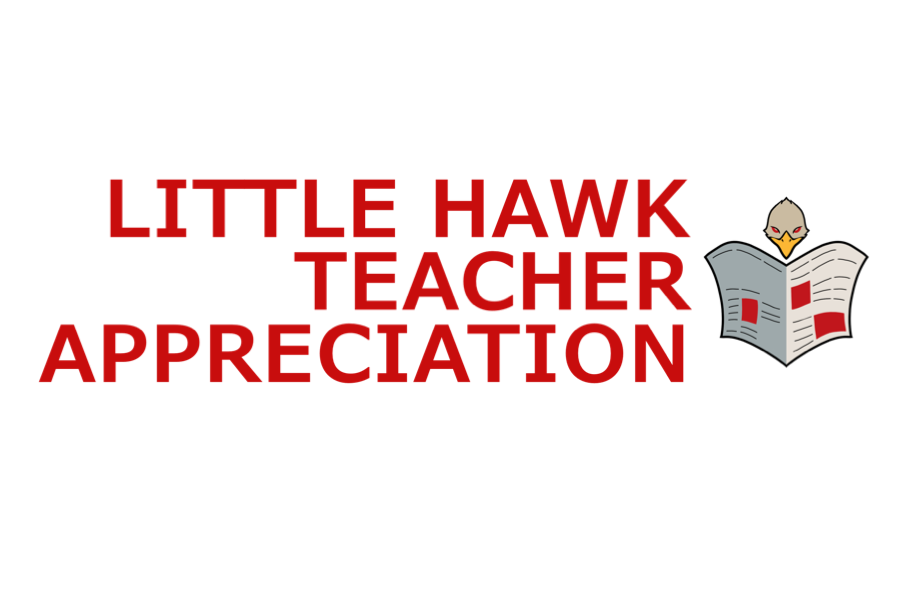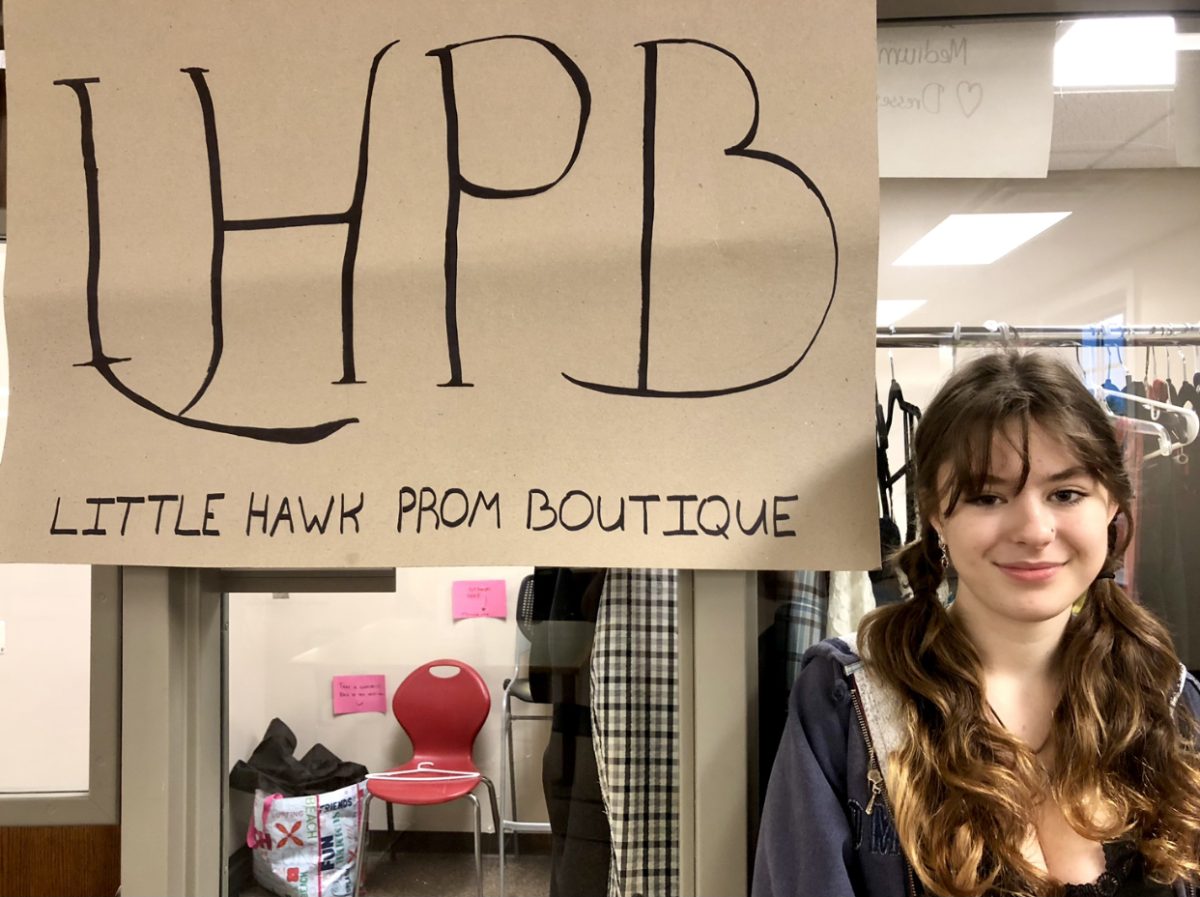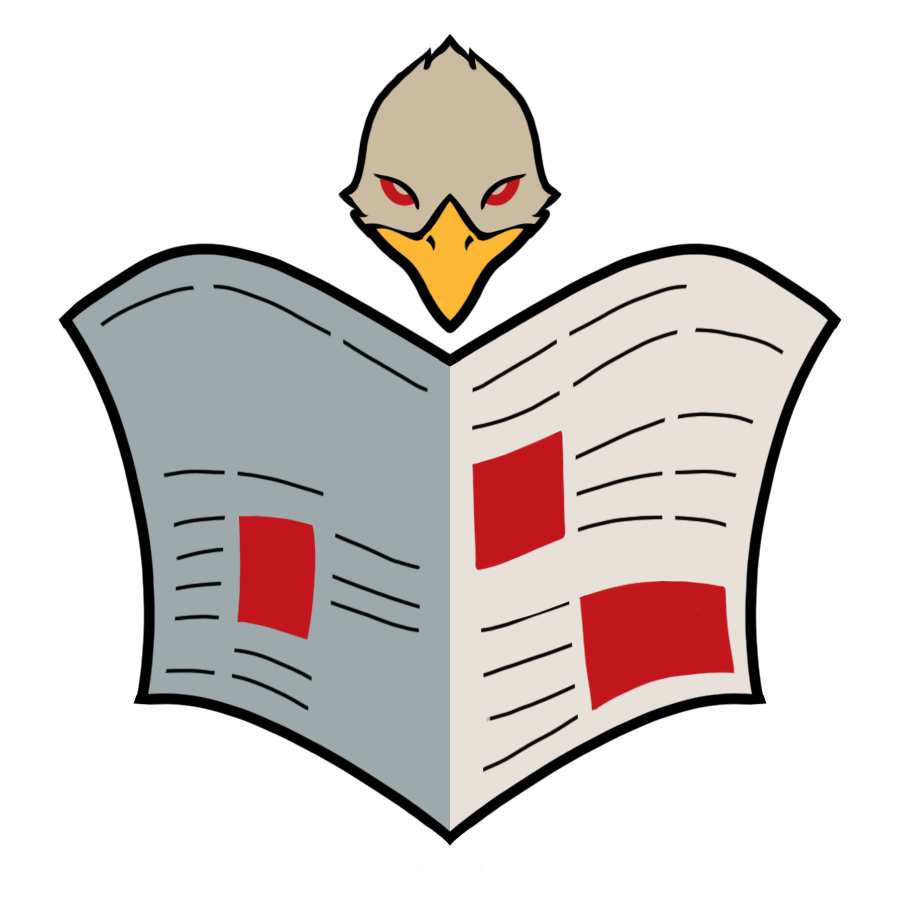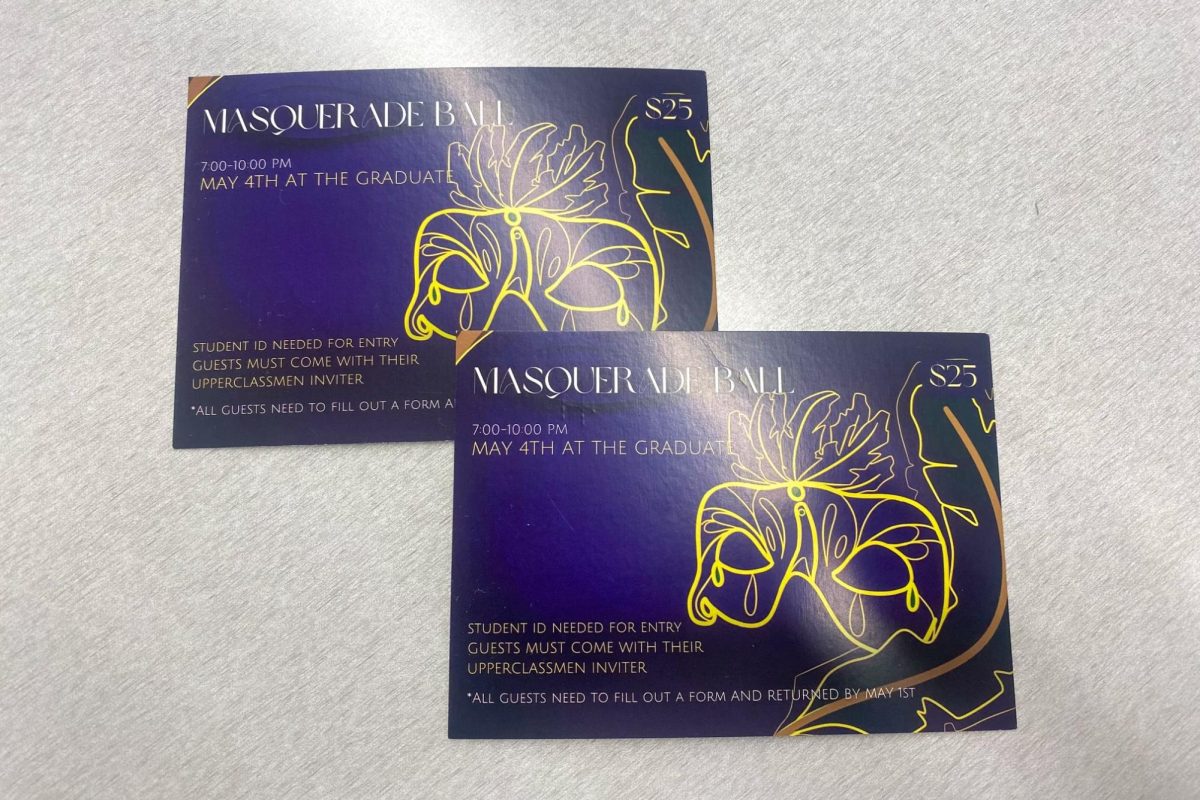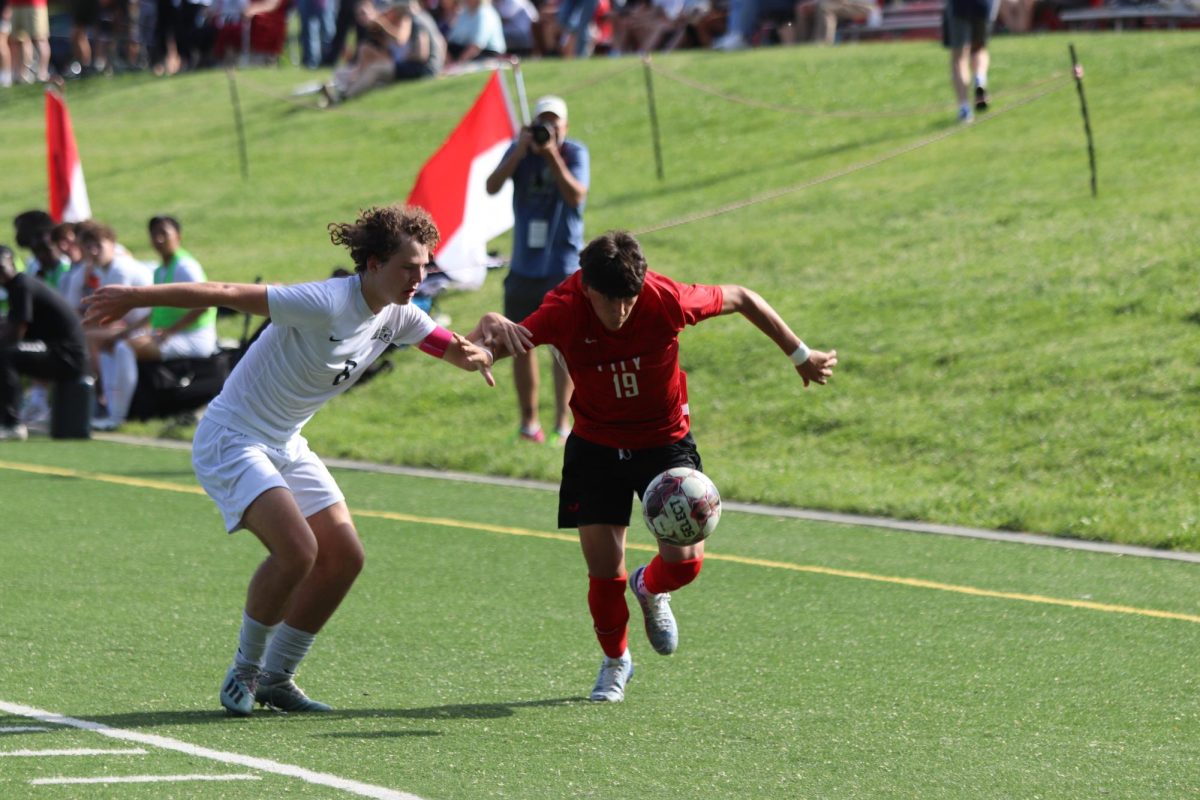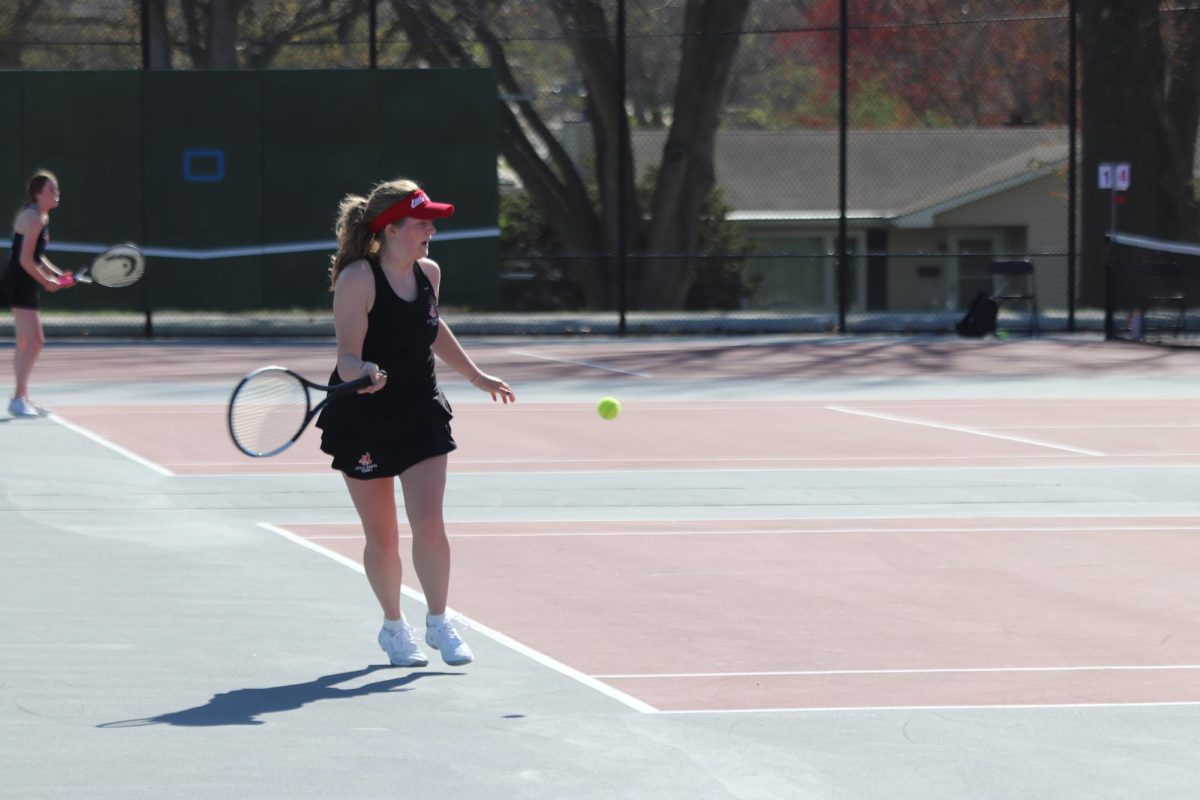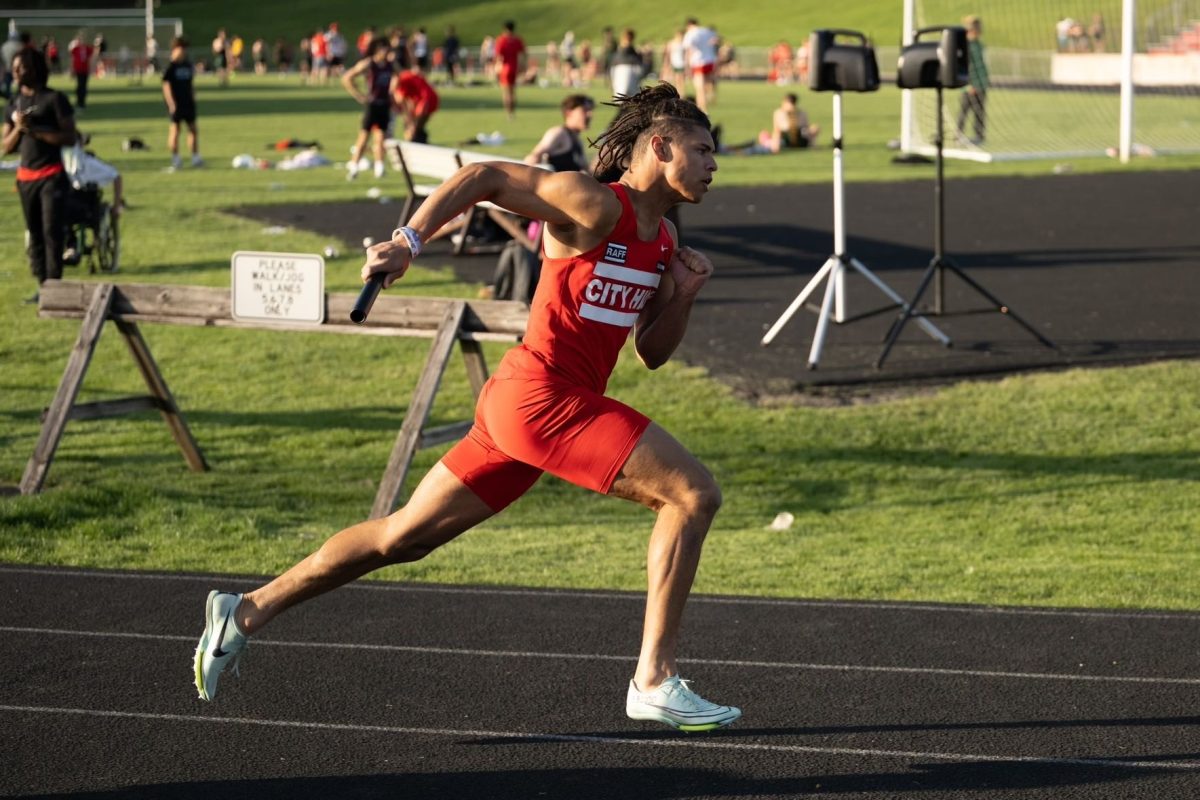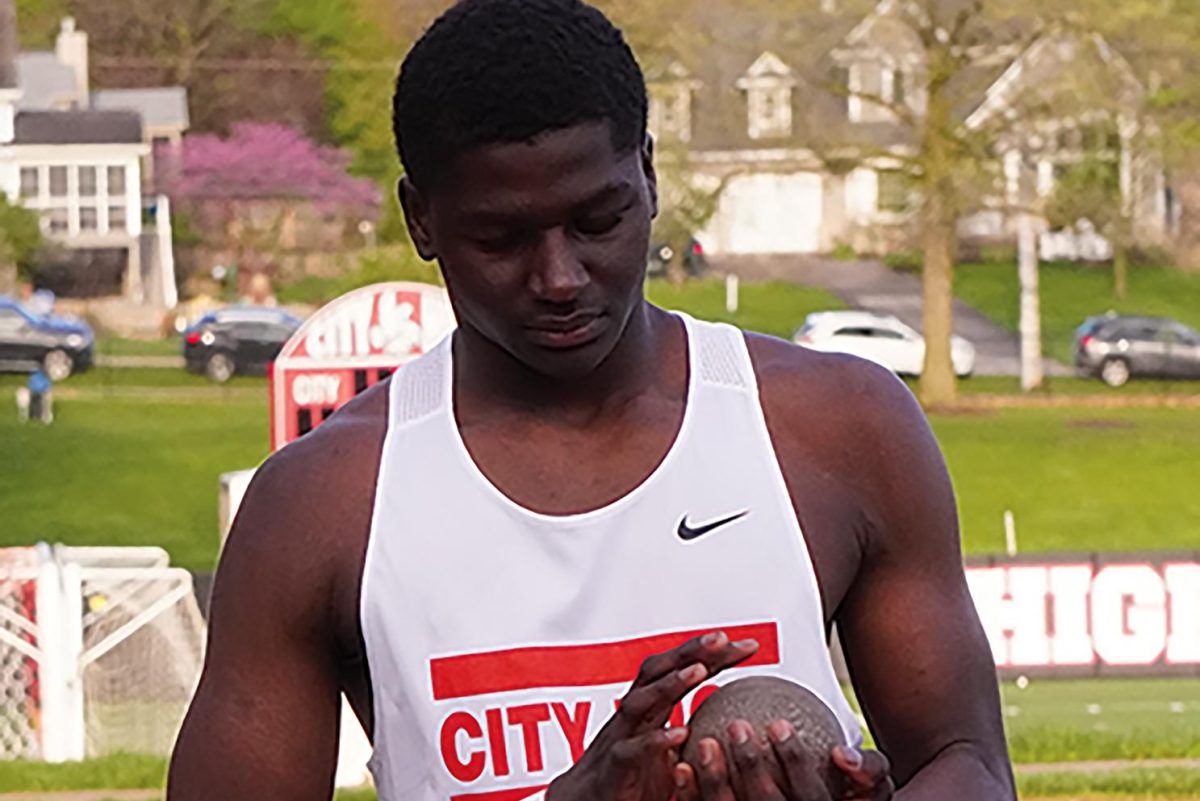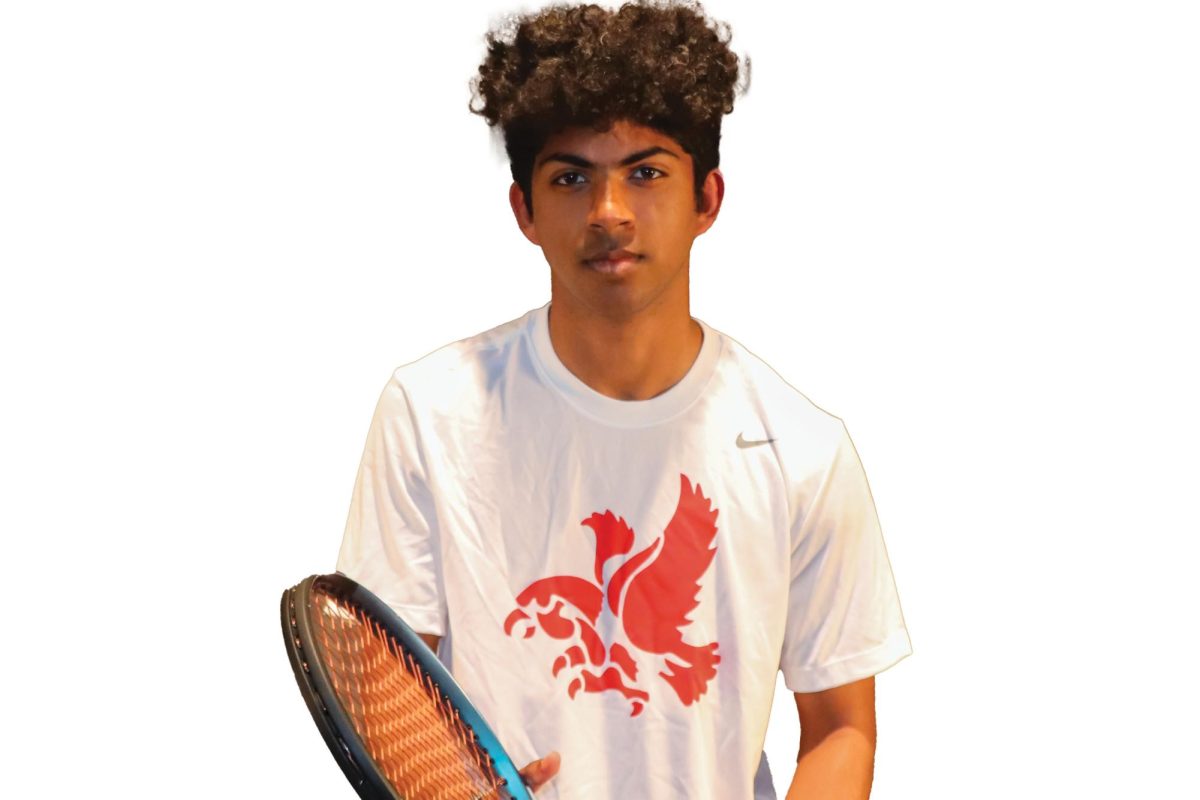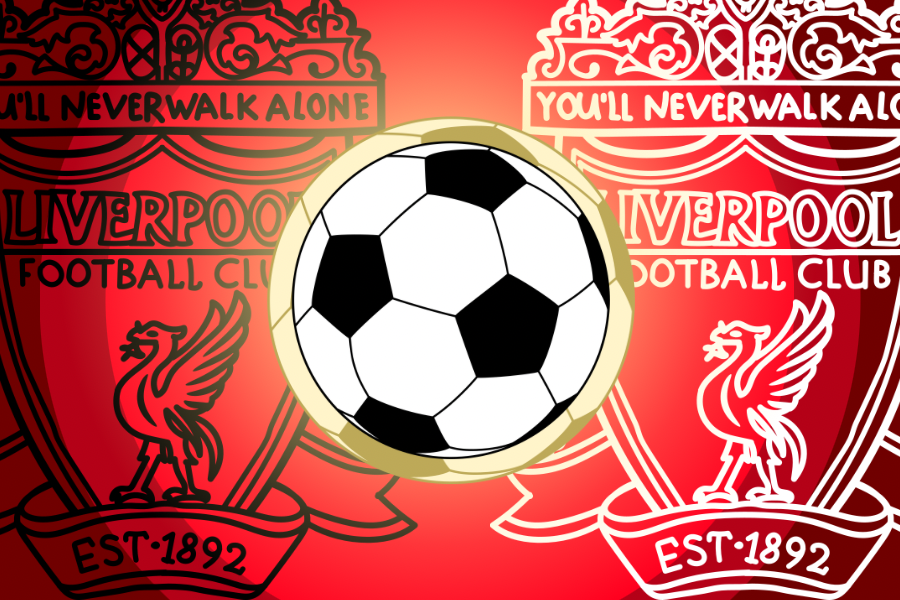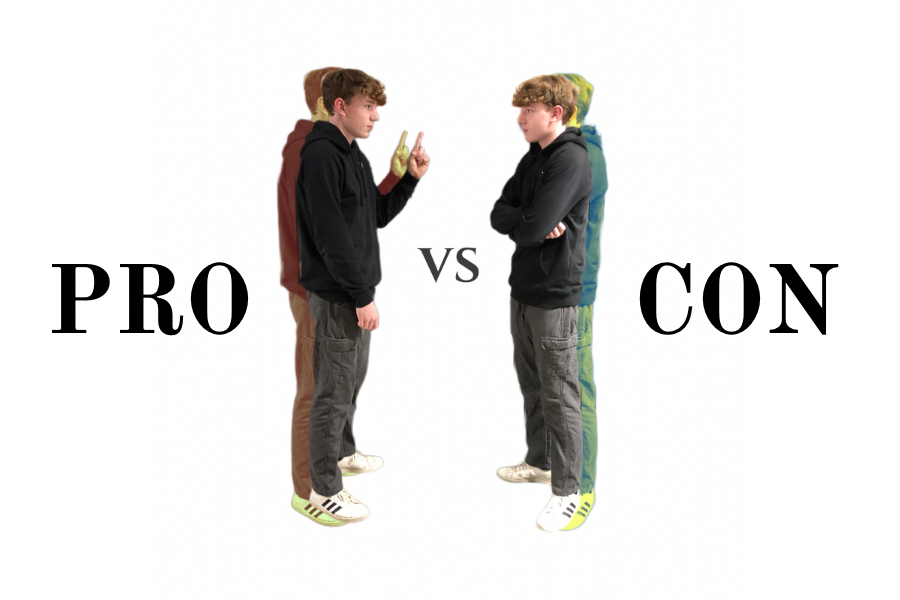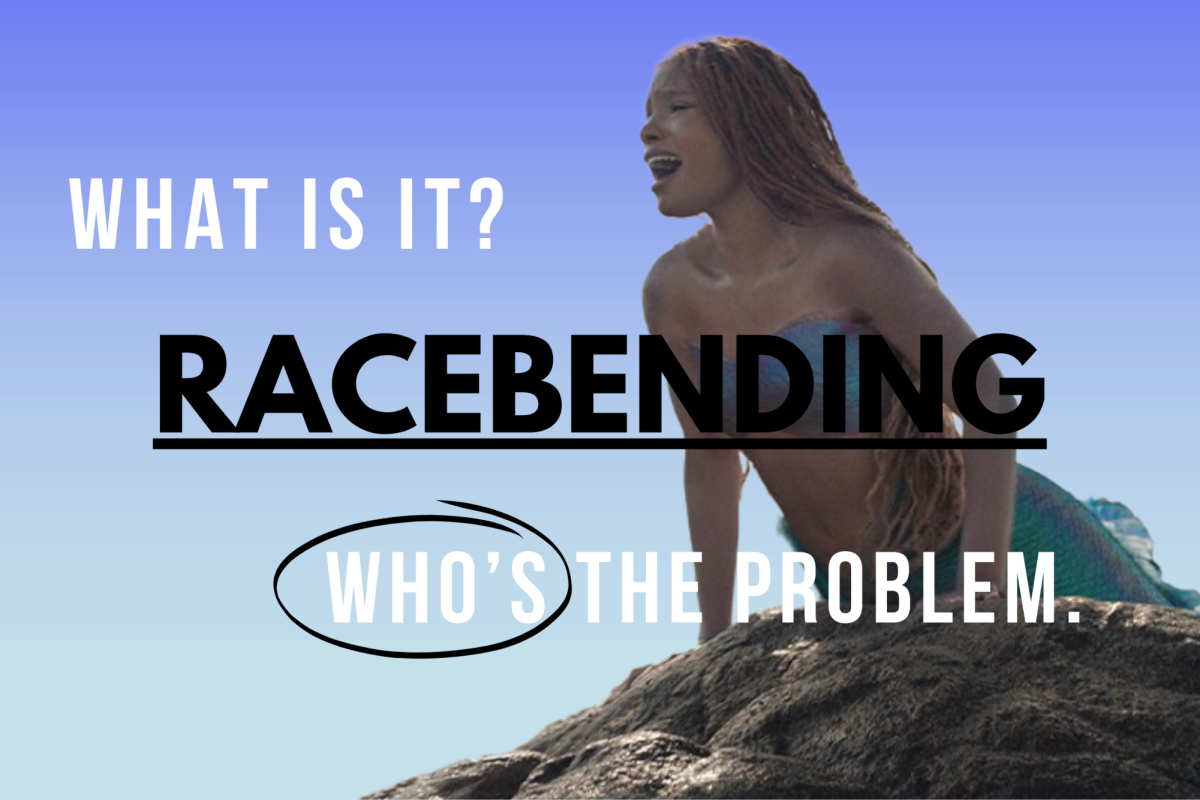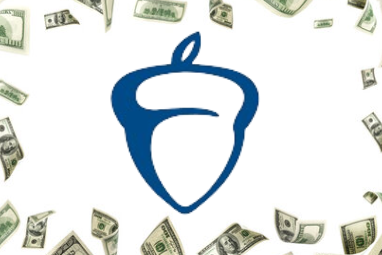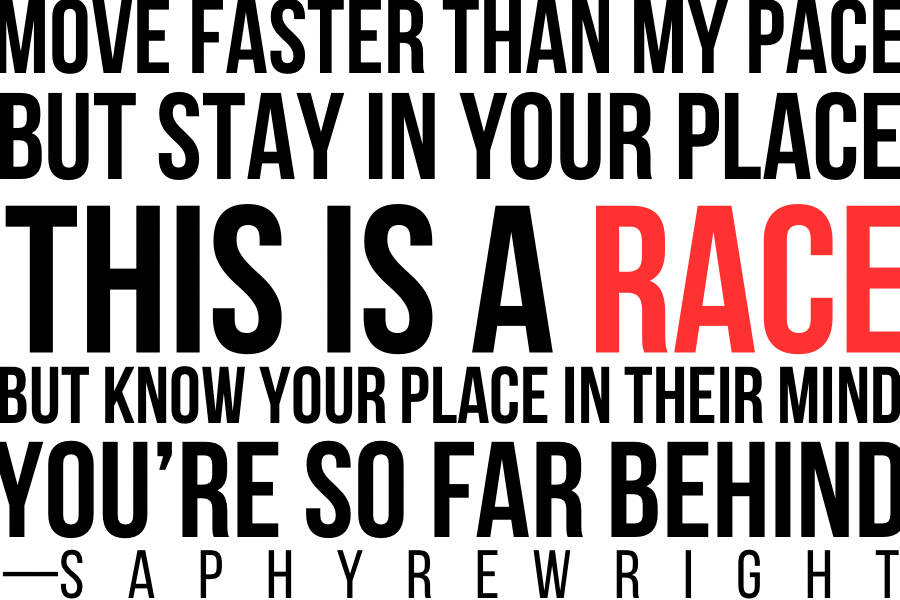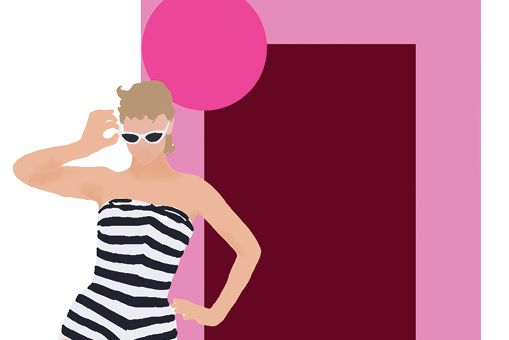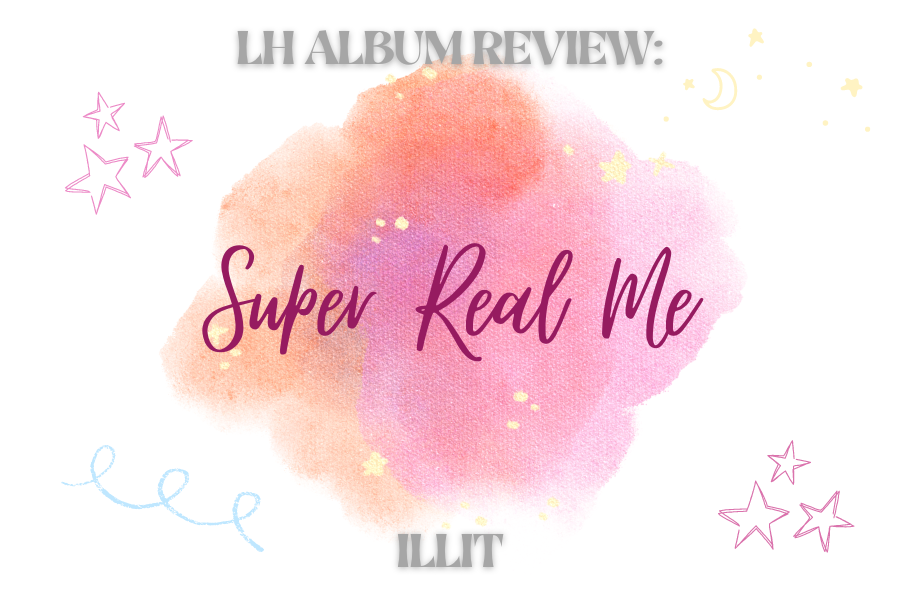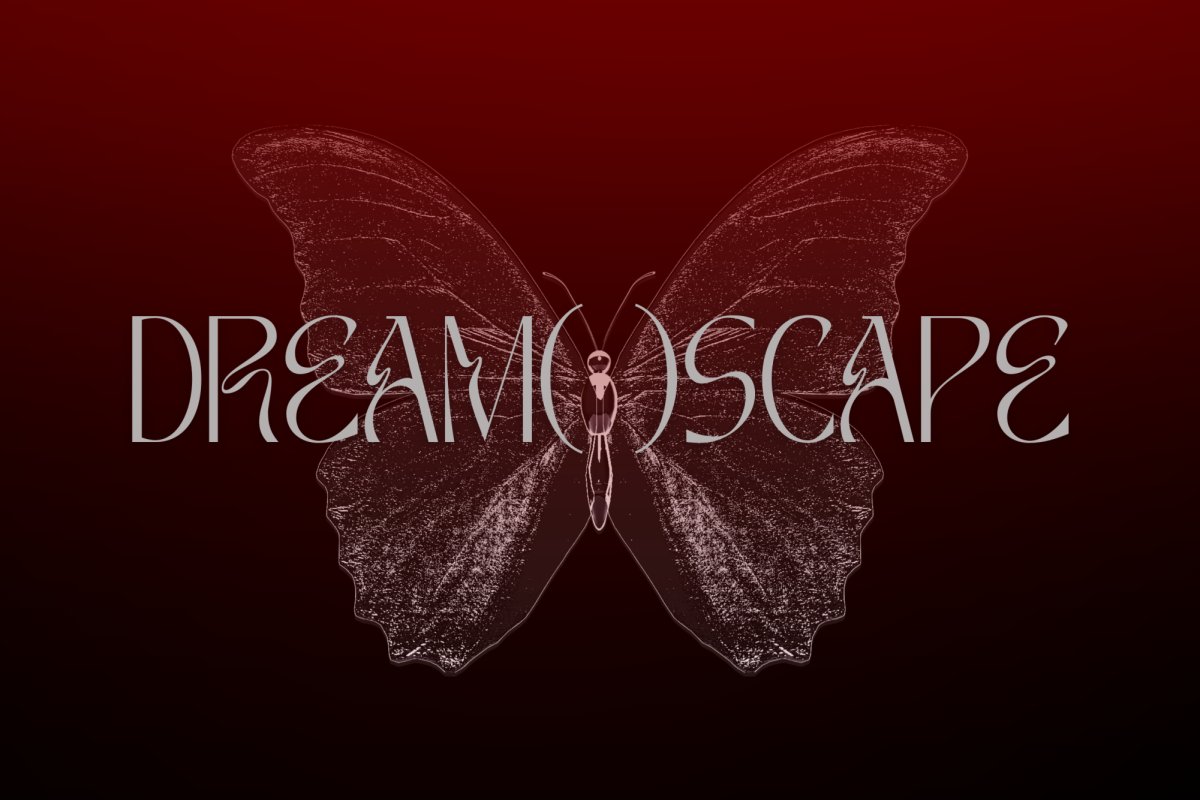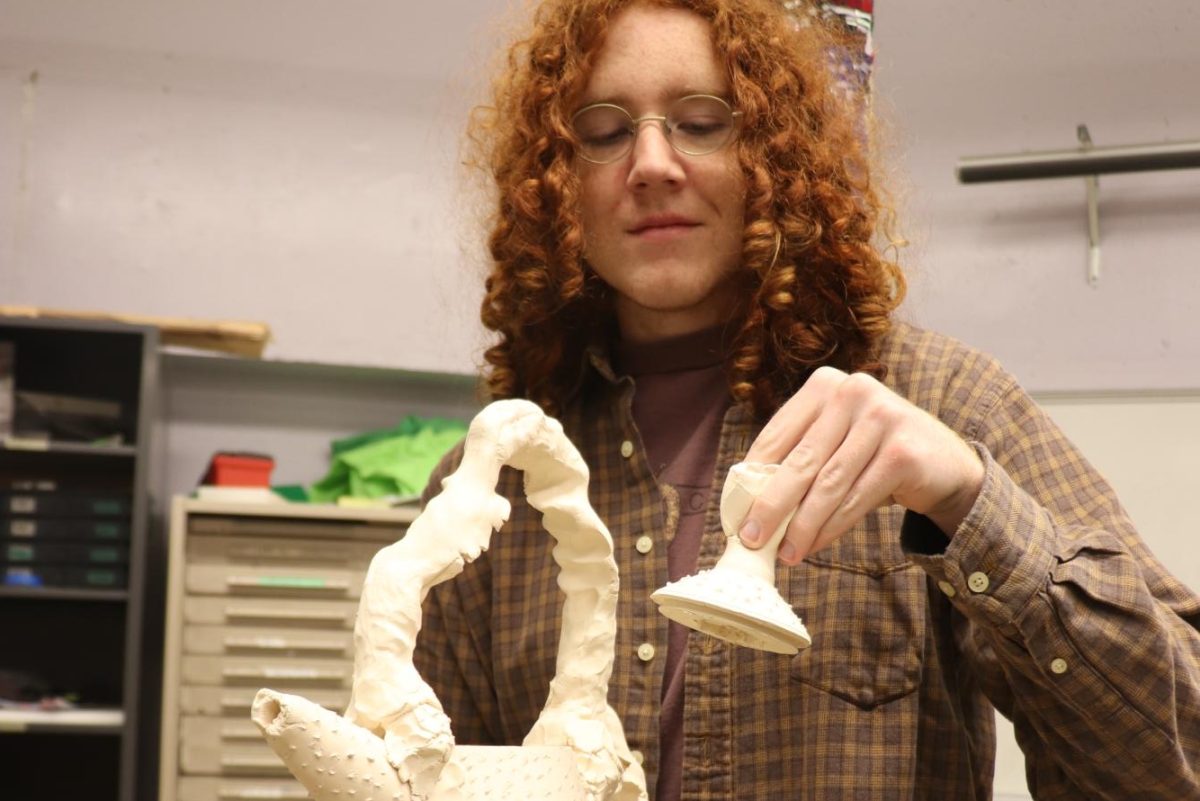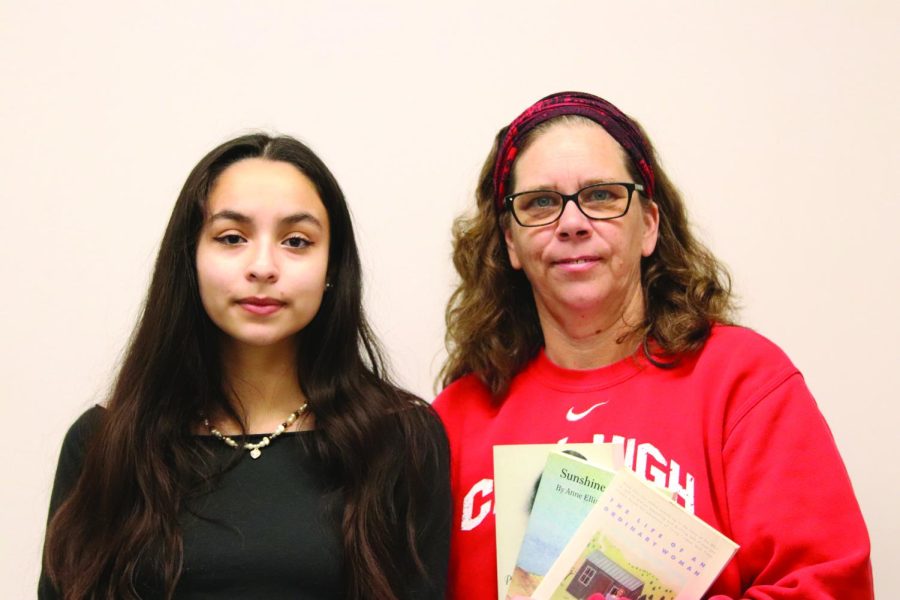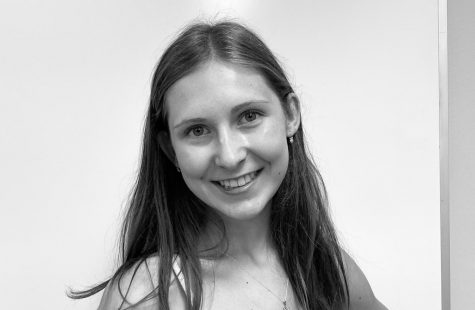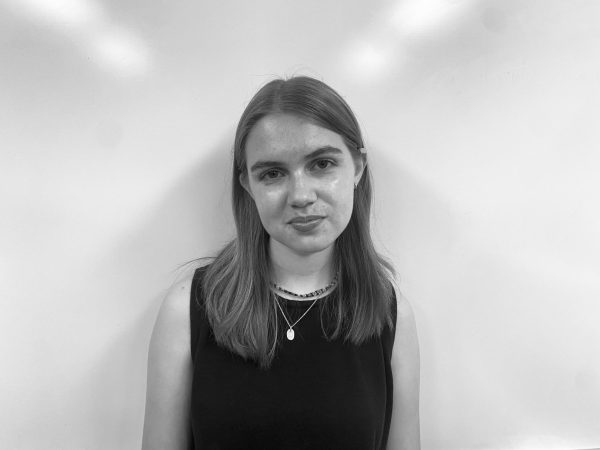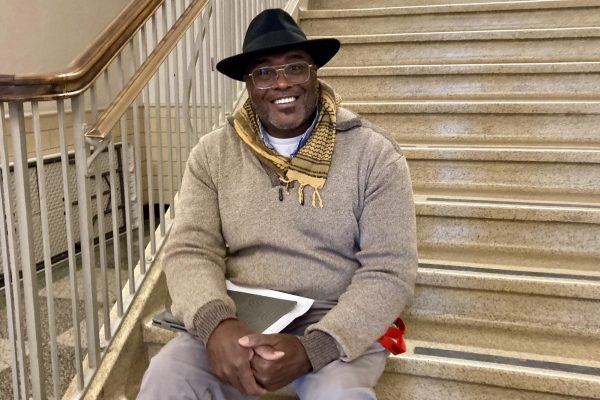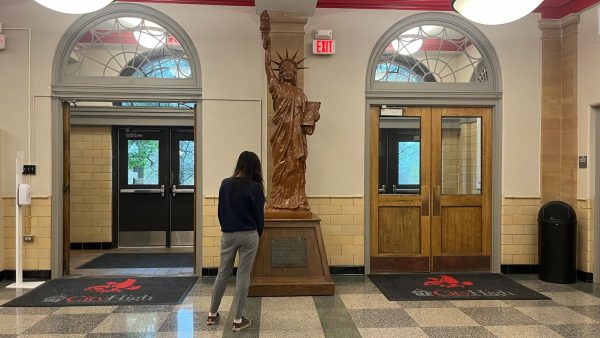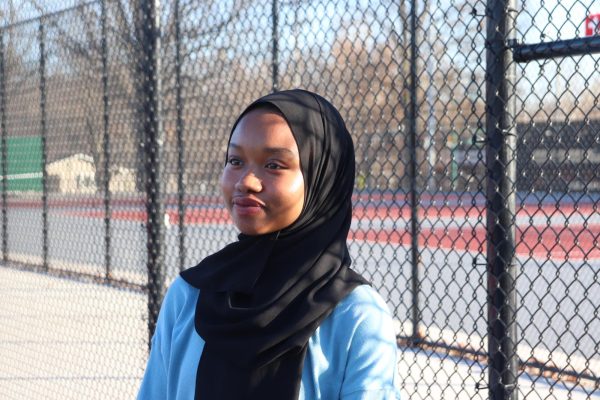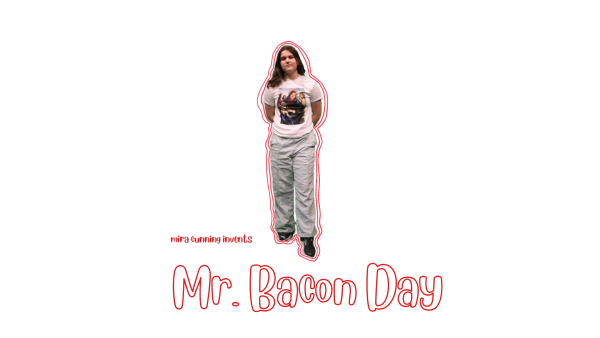Q&A: Students and Staff Talk About their Female Idols for National Women’s History Month
Three women of City High share their values for National Women’s History Month and female role models they personally have been inspired by.
Abi Lockhart and Carrie Watson pose for National Women’s History Month
April 4, 2022
Carrie Watson
Q: For National Women’s History Month, what women do you find inspirational to you?
A: I am inspired by women who are able to break through barriers because it takes a lot of courage. They’re often met with a lot of resistance by those who have power. So, when I think of people who have done that, I think it’s even more of a burden sometimes for women to take those leadership positions because of double standards. I look up to two women: we tend to look at people who do famous things, but I also think we forget about the everyday woman.
Q: Are there any women, in particular, that stand out to you during National Women’s History Month?
Ida B Wells inspires me because here is a woman of color born into slavery, who was powerless, but who gained power through knowledge and education, and then used that power to enact change. She used her knowledge and her position not to just inform others, but to promote social justice. I think anybody who puts their life on the line for something like that is pretty incredible.
On the flip side, my great-grandmother wrote three books. The first one of them is called Life of an Ordinary Woman. It is her tale of being a poor woman from Missouri and moving with her family to Colorado for the mining Bonanza. She was published in magazines, and she was a treasurer of a county with a fourth-grade education. Every single day she struggled to put food on the table for her children. Sometimes I think we forget to honor the everyday actions of women and how they contribute to their communities.
Q: Are there any women in our present-day society that you aspire to be more like?
A: Madeleine Albright, Condoleezza Rice, and Hillary Clinton are three females who were secretary of state. All three of them are wicked smart and tough. So, I look at those three and I realize they had to be smarter and tougher than everybody else in the room to be able to do their position. I honor them because I sometimes feel like I don’t have that courage.
Q: What are ways you think it is important to recognize women and have this month be dedicated to empowering them?
A: [In terms of work], women get interrupted more often, women get talked over more… oftentimes even in meetings I’ve had times when a person won’t even look at me but look at my husband. I’m really in awe of women who can push up against that.
Q: In your opinion, what is most important to think about during National Women’s History Month?
A: Every single person on this planet had a mother. Every single person on this planet came from a woman who sacrificed physically for that and probably economically for that. We all have ties to understanding the importance of women in society and the world. I just wish our behaviors would follow that.
Q: How do you think addresses on gender inequalities are impacting younger generations?
A: I hope they allow people more perspective. I’m hoping they allow people to be more empathetic with others. You know, I identify as a woman. I don’t understand in the sense of how it feels to not be my assigned gender, but I should be empathetic to people who do. So I hope that more discussions and more norms changing, like by having [gender neutral] bathrooms, help people develop and think [about others] a little bit more.
Abi Lockheart ‘23
Q: Who is a woman that you find inspirational and why so?
A: The Somali supermodel and philanthropist, Iman, is my personal idol. When she was born, she actually came from a place of rather privilege, as her father was an ambassador to Saudi Arabia from Somalia. But, there was political unrest and there was a coup on the government. She became a refugee, just like that, in an instant. As a refugee, she decided to go to the university, and when she got discovered for being very beautiful and also very smart. She’s very trailblazing, she was one of the first black models for Vogue, preceded by Beverly Johnson as the second black woman to [model for them]. She was being paid less than her white colleagues, so she actually quit modeling for a good couple of months until she was getting a pay raise. She always fights for justice in regards to women and children of color. She also has a cosmetic company because none of the makeup she had would ever have a shade in her color, even though she’s a black woman. And she decided from then on that she was going to make shades for her and people like her. So, she definitely has always strived to help others. She knows what it’s like to be knocked down and she’s just very beautiful, in my opinion, inside and out.
Q: Are there aspects of her that you feel have influenced your own life?
A: I try to volunteer a lot more, especially at places like the Crowded Closet and I work with children a lot. I’m constantly trying to better myself as a person in the sense of being more aware of what’s going on around me. Especially in regards to political changes in the atmosphere or country. I’ve definitely try to become more introspective and try to help others.
Q: How did you first learn about Iman?
A: I first knew her as the famous rocker David Bowie’s wife. I kind of ignored [learning about her], but then I was like, ‘I’m bored, let’s read her Wikipedia page’. I read into it and I found out how she’s beautiful and also just a fantastic person. I would just love to sit down and have a conversation with her. That just led me to her being my inspiration.
Q: What about Iman made you think about her, particularly as a role model for National Women’s History Month?
A: I think that she is a woman who isn’t necessarily in a position that we would consider powerful. She is a woman of color, and most definitely, she is an immigrant. She actually reminds a lot of my mom. My mother is a woman of color and she also is an immigrant. I see that these strong women are usually built by other strong women. So I know to have more strong women in society, we must be strong ourselves as women.
Ruth Meehan ‘22
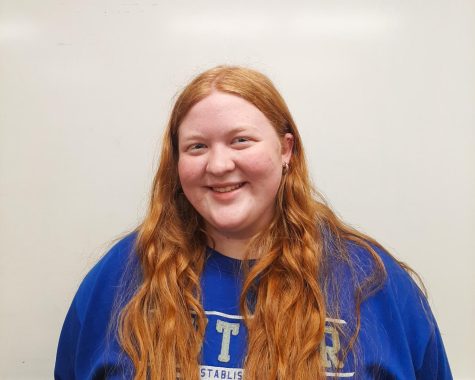
Q: What woman inspires you and why?
A: Her name is Carrie Hope Fletcher. She is an actress who stars in shows, and she’s also an author. She does a lot on social media through Youtube and Instagram. I’ve been following her for four or five years.
What first drew me to her was just her realness. She has this way of speaking where she’s very articulate with her words. She knows what she’s talking about, she’s very, very smart. So that really drew me to her. She plays very cool, powerful female roles on Broadway and is really passionate about educating other people and being a strong female role model.
Q: What about her stands out to you?
A: I had always known about her, and I had really started watching her during the pandemic and how she handled it. The way she would talk about what she was going through and what she was feeling was exactly what I was going through. So, she has been someone who I definitely look up to. She is very strong, she knows what she wants, and I think she would be a really good person to celebrate Women’s History Month.
Q: What are ways she has inspired or impacted you, personally?
A: She practices a lot of mindfulness and self-care. That’s something she definitely prioritizes like when I see her talk and watch her videos. That’s definitely something I’ve tried to incorporate. Like, I’m a busy person; so is she. And she is an author, she reads a lot, and I’ve read a lot of the books that she’s recommended.
Q: What challenges has she had to overcome?
A: In her role, she’s definitely not a size 2, size 0 actress. Her body I think is very representative of not exactly what you might [typically] see in the media and in starring roles. I think that she’s definitely had to overcome some of that. Right now, she’s playing Cinderella. She played Veronica, and Heathers, Fontina in Les Mis… I’m sure she’s talked about some of the challenges she’s had with that. That’s something I can relate to, being an actress who is plus size. There are definitely challenges with that.
Q: For you personally, what is your biggest takeaway from National Women’s History Month?
A: I really like to look back on 100 years ago and where women were then. And how far we have come through fighting for our rights. And then also that there are still some prejudices and issues that people have towards women. Really just celebrating women, like, we’re kick-ass women, we’re doing great things and are supporting each other.


